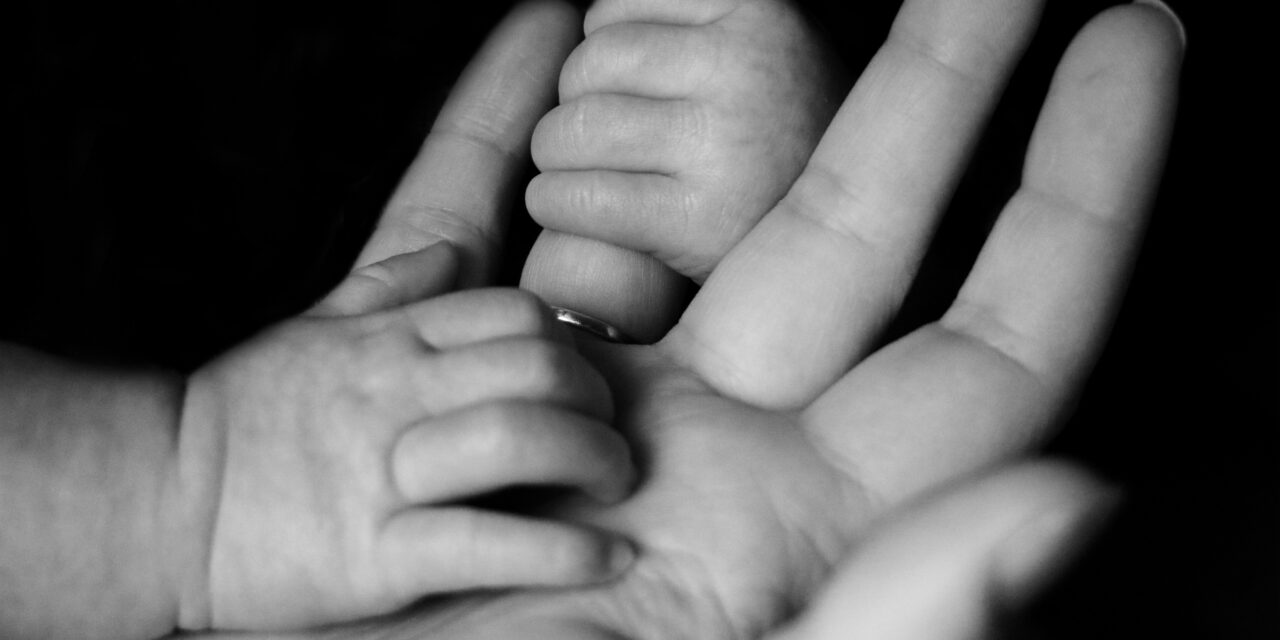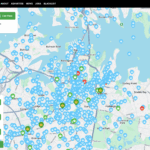Jail time for mums should be reconsidered in favour of community-based penalties due to the long-term impacts on the 40,000 children directly affected, advocates have claimed.
Women on remand in Australian prisons now represent over 50 per cent of females in jail and over 70 per cent of the annual total number of people coming in and out of prison, with 52 per cent of these women not getting a custodial sentence at their final court hearing.
Experts say, when a mother is sent to prison, her children serve a silent sentence from home. An estimated 40,000 or more children currently have a parent in prison, and face unique lifelong challenges – from financial strain, to housing instability, to social stigma. Advocates point to systemic neglect as cultivating this increasing issue.
In addition jailed mums are denied crucial support services while unnecessarily detained, keeping them from their children, families, and community.
UTS law professor Thalia Anthony attributed the increase in jailing mothers to “bail laws getting more and more tough across the country”.
“Legislation should be changed to acknowledge motherhood as either a mitigating factor or a circumstance relevant to bail,” she told Central News. “At the moment it’s only considered in sentencing if it’s exceptional. It’s really difficult to know when it’s exceptional.
“Sometimes mothers don’t even know where their children are.”
Andrew Bell, Chief Justice NSW said, as of 30 March 2025, there were 5,732 people in New South Wales charged with serious offences being held in prison on remand and awaiting trial because they had been refused bail. This figure has increased by approximately 20 per cent over the past five years.
The system loves to move people around, and that puts a strain on maintaining contact with a parent or a loved one.
According to advocates, even brief sentences or remand periods can fracture families, trigger child protection interventions, and permanently sever contact between mother and child.
This is acknowledged by SHINE for Kids, an organisation focused on supporting children with incarcerated parents both in custody and in the community.
SHINE’s chief executive Julie Hourigan said: “Separation from a parent is extremely distressing for children of all ages, but we know from extensive research that young children in particular are best placed with their mothers when it is safe to do so.”
Anthony said for mothers, the real punishment is often outside prison walls.
“For these mothers, it’s a life sentence,” she said, pointing to the way incarceration strips women of the ability to care for their children.
According to Justice Reform Initiative’s (JRI) latest data, 34 per cent of young people appearing before NSW courts were, or had recently been, in out-of-home care, and that children in care are 68 times more likely to appear in the Children’s Court than other children. With 15,895 children in out-of-home care in NSW alone, the ripple effects of parental incarceration are profound, leaving children uprooted and more likely to appear before the courts themselves.
Turning experience to advocacy
This problem drove the creation of Yung Prodigy, a grassroots organisation founded by advocates with lived experience of parental incarceration.
Founding director, Maia Ihemeje, understands this issue deeply, having grown up with a father who moved in and out of prison for more than a decade.

Maia Ihemeje: “Complete neglect for these kids bleeds into a lack of services, lack of supports, and a lack of resources.” Photograph supplied.
“I’m very acutely aware of the lacking services, changes in caring structures, financial strain, and how invisible we are when this experience happens.
“We don’t even have accurate data on how many children and young people have this experience. No one’s capturing this data.
“The system loves to move people around, and that puts a strain on maintaining contact with a parent or a loved one.”
She added that “children are not considered” in sentencing and when “you criminalise an individual, you’re criminalising an entire community around them.”
Ihemeje said Yung Prodigy’s mission was to “build pathways, not pipelines… to liberate young people from the impacts of the carceral system and ensure they can reclaim the basic human right that was stolen from them as a result of parental incarceration”.
A landmark report by SHINE for Kids, found 30 per cent of children (affected by parental incarceration) had been suspended or expelled from school; 50 per cent reported regular absence; rates of ADHD / anxiety approximately three times higher than community peers, and only one-third connected to any support service, sport, or hobby.
Hourigan said: “There can also be long-term challenges for children separated from their mothers, as this disrupts bonding, which is vital for children’s mental health, well-being, and even brain development, especially during early childhood.”
Compounding trauma
The female prison population increased by 64 per cent between 2009 and 2019 (from 2,100 to 3,500), a statistic mirrored globally, with a 55 per cent increase between 2000 and 2016. While, more than half of women in Australian prisons have at least one dependent child.
“All kids should be with their parents,” said Anthony, “and when you take that away from them it creates a compounding trauma [for both mother and child].”
At least one in two imprisoned women in Australia has a history of mental illness, and/or abuse as a child.
Anthony said: “Some of these children, they will go through both experiences of having a parent taken and then being put in child protection.
“If you have a parent in custody, you’re more likely to go into custody yourself. We’re creating these intergenerational pathways towards imprisonment.”
Unlike other groups of vulnerable children, the children of prisoners it’s claimed remain largely invisible to government services. Court proceedings rarely take family circumstances into account when sentencing, meaning decisions that incarcerate parents can cascade into foster placements, sudden financial shocks, and long-term instability.
Anthony said: “As mothers are driven away from their sense of purpose… the main punishment isn’t what happens inside prison, it’s their inability to care for their children.”
A gap in policy
While some women are in prison for crimes of violence, most according to Anthony, are locked up for minor crimes out of necessity, and desperation.
Ihemeje described the lack of NSW law reform as, “really disappointing,” noting a “bit of a pushback” from ministers, and “coming from the lack of knowledge in this space”.
“I can see that it is starting to shift, but it’s definitely not shifting at a rate that is acceptable at this point in time,” she added.
JRI claims early intervention and developmental crime protection is key to preventing offending and diverting children away from the justice system in NSW.
Ihemeje said improving education on the issue of parental incarceration when supplemented by preventative measures would further help deter family splits.
“Prisons are not a place of rehabilitation and care, like Corrections loves to promote. They’re here to punish,” she added.
“Community-controlled spaces are the answer. Alternatives to custody are the answer. Prevention is the answer.”
When we incarcerate Mum, or we incarcerate Dad, sometimes both; the child is pretty much incarcerated with them.
Anthony agreed, saying intervention is about meeting people’s basic needs.
“And for mothers, those needs are predominantly relating to care for children… to have the foundation for self-determination,” she said.
Calling for NSW courts to broadly decriminalise and decarcerate, Anthony added “if children are safe, it’s better for society.
Hourigan said SHINE want to see policy change that considers children from the moment a parent is arrested through to their sentencing.”
“Currently, children are overlooked in this process; there is no standard procedure for recognising and supporting children when a mother or father is placed into custody,” she said.
Ihemeje said incarceration of an individual rippled out to whole communities, adding: “When we incarcerate Mum, or we incarcerate Dad, sometimes both; the child is pretty much incarcerated with them.”
Main image from Unsplash.




























